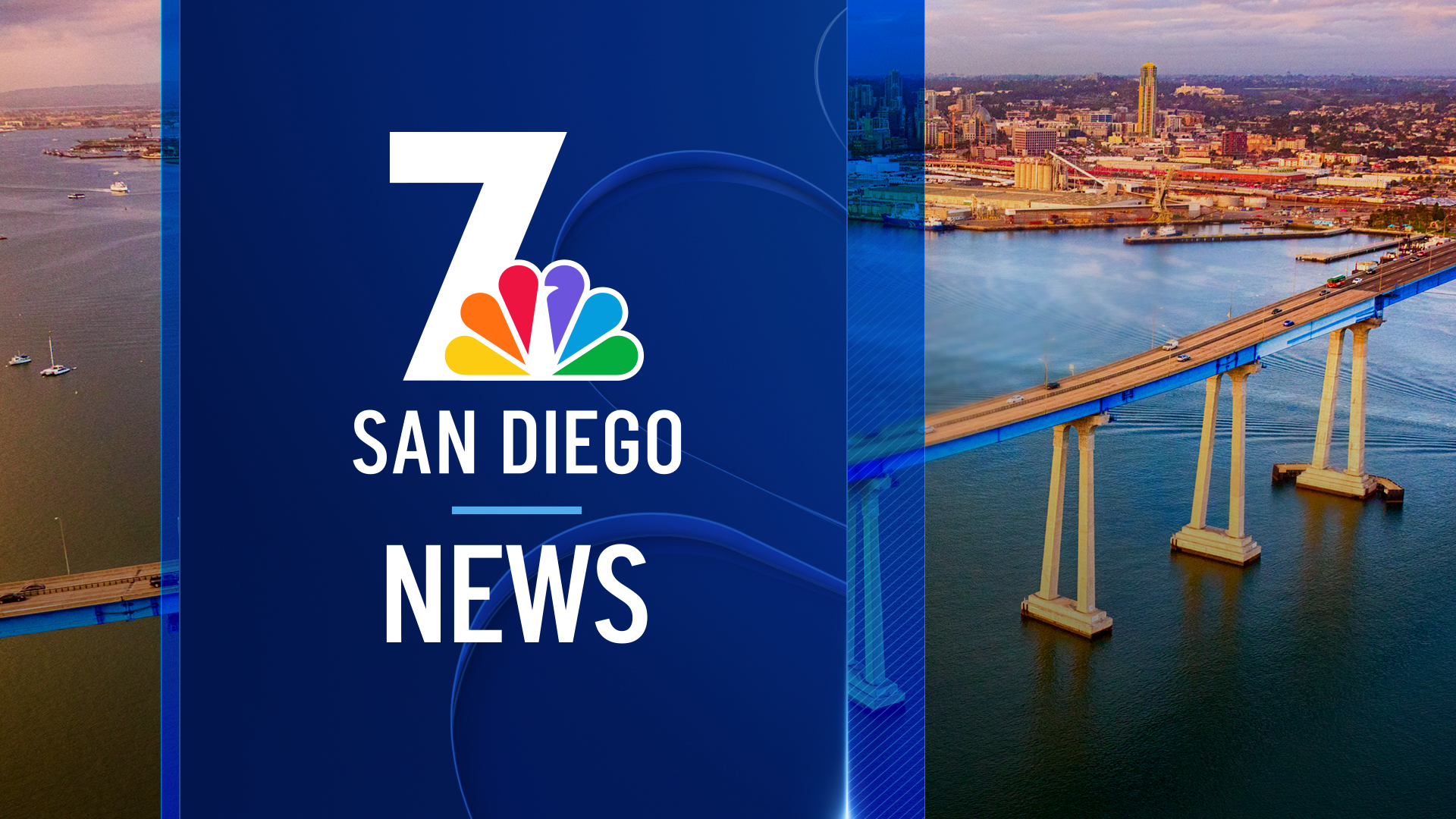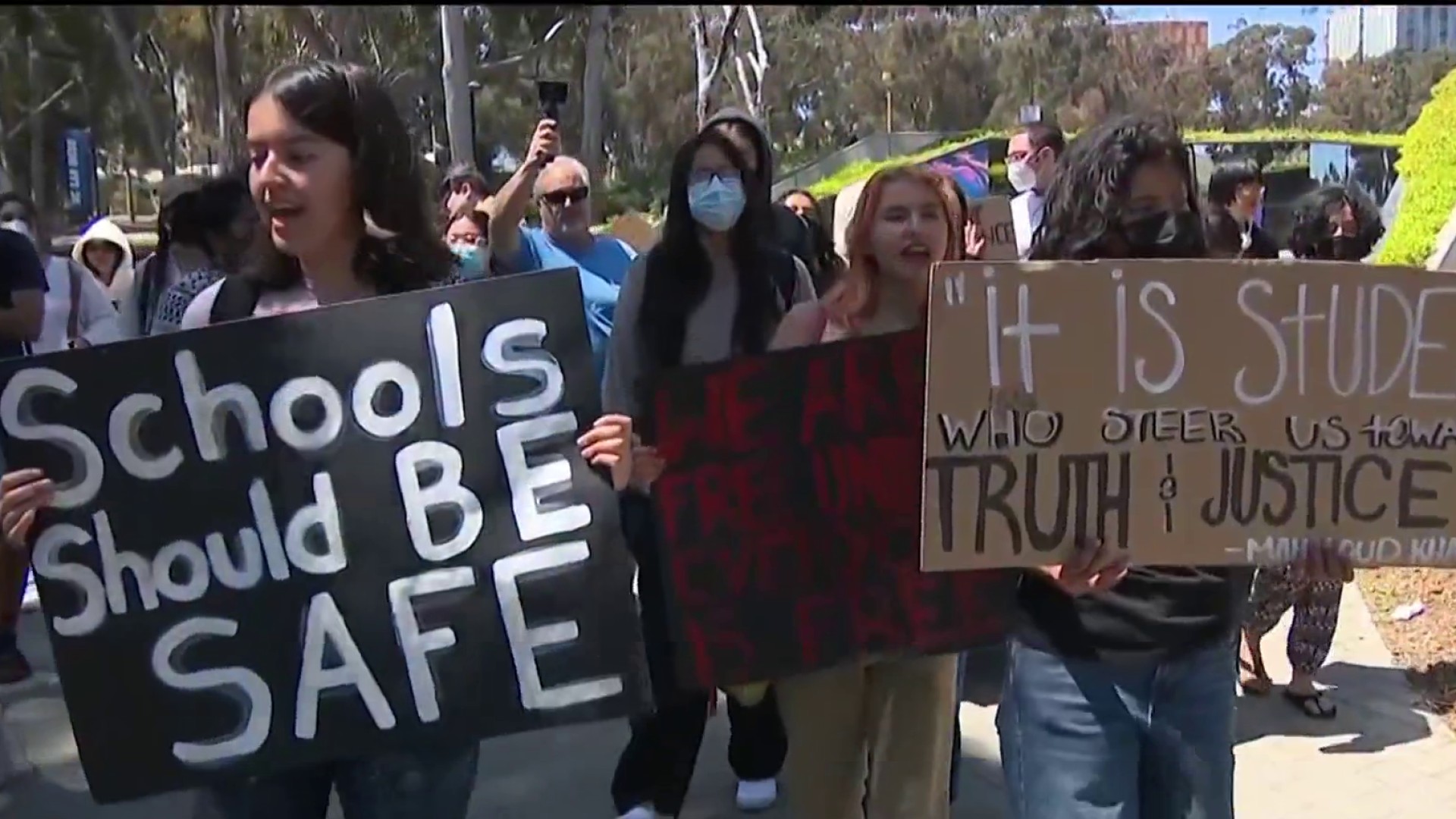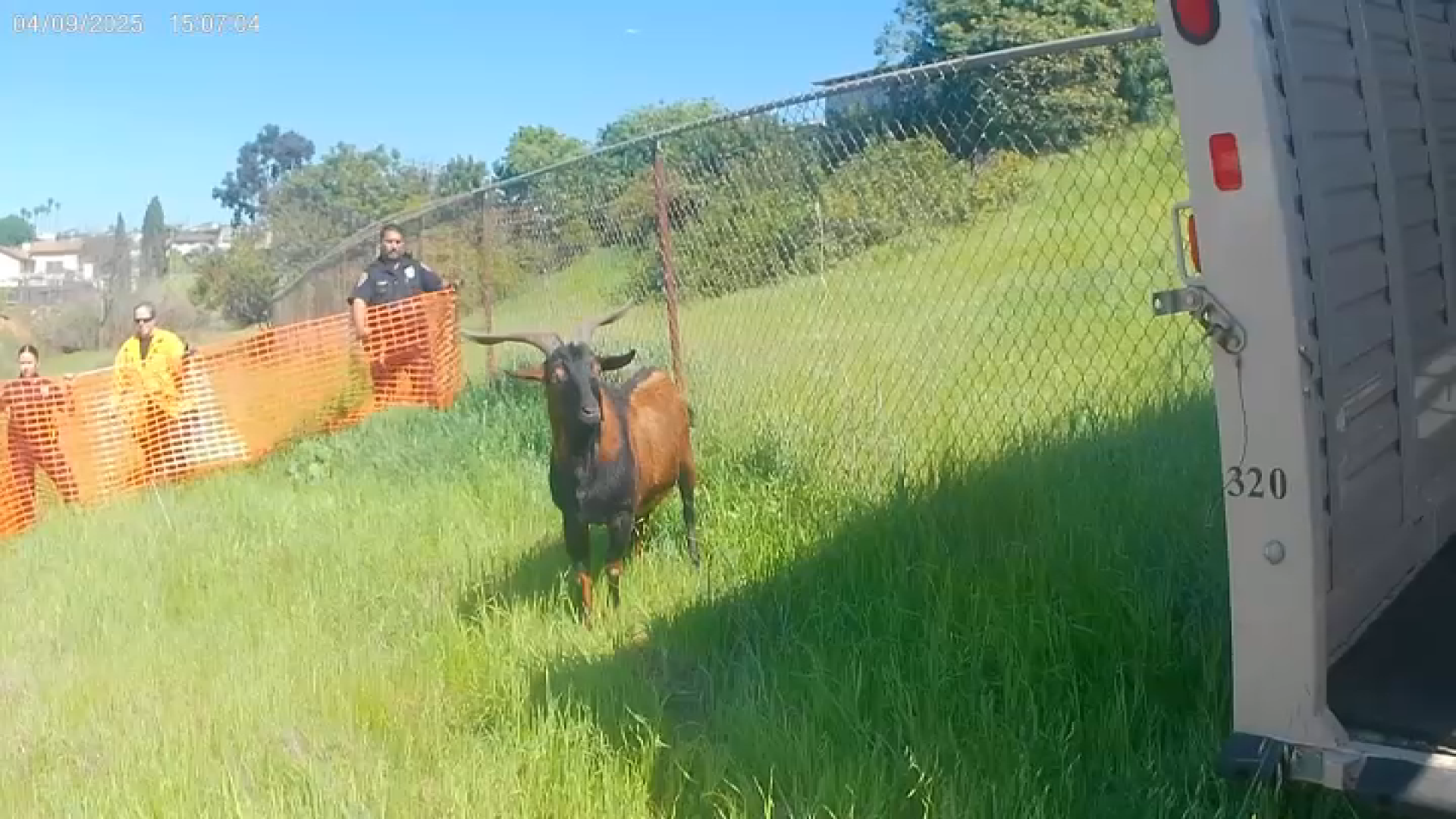The Chargers want fans to keep an open mind as they pursue a multi-use stadium in downtown San Diego. NBC 7’s Gene Cubbison breaks down the new development.
The Chargers want a multi-use stadium in the downtown area of San Diego and ask fans to keep an “open mind” as they pursue it, according to a statement from the team released Tuesday.
Team officials acknowledge the reasons why San Diego Mayor Kevin Faulconer and County Supervisor Ron Roberts are backing a Mission Valley site, but they claim “the multi-use facility, when combined with Petco Park, the existing Convention Center, the Gaslamp Quarter and a revitalized East Village would create an unparalleled entertainment and sports district.”

Read the statement here.
Chargers-Statement-2-23 (Text)
Faulconer and Roberts released a joint statement in response to the Chargers' announcement.
“We want the Chargers to remain in San Diego. After consulting with numerous experts on stadium financing and conducting a large-scale public outreach effort last year we proposed a straight-forward plan to finance a modern NFL stadium at the existing Mission Valley site. That plan would build a new stadium without raising taxes.
Local
"Most experts we’ve talked to have concluded that building a stadium Downtown – on land not owned by either the City or the Chargers – would increase costs by hundreds of millions of dollars and take years longer to complete.
"However, it now appears that the Chargers intend to pursue a stadium in Downtown. It remains unclear how the Chargers intend to finance a Downtown stadium. But it is abundantly clear that a ballot measure that raises taxes for a stadium must be approved by two-thirds of San Diego’s voters. This is an extremely high hurdle to clear. We remain committed to maintaining an open dialogue with the Chargers as we learn more details about their plan.”
The Chargers will pay for the full ‘stadium portion’ of the downtown plan, said Steve Peace, a spokesman with JMI Realty, which is leading the coalition charged with planning a downtown stadium. He said it would cost $400 million less to build a combined facility rather than to build two separate facilities; the stadium component is cheaper overall, Peace said.
In theory, it would not involve raising taxes.
"One of the opportunities downtown is that because of a consolidated venue with the convention center, there's certain economies of scale; we can reduce cost. That'll all be done in due course as we work through the process," said Fred Maas, a former chairman and CEO of the Centre City Development Corp. who is now serving as the Chargers' special adviser.
The proposal would also allow the Chargers to keep the hotelier commitment in place, according to Peace. Downtown hoteliers have been vying for a convention center expansion at the current Embarcadero site, as has the mayor.
The rest of the project would, in theory, be paid for by a citizen's initiative that aims to redo the city's hotel room tax structure.
But the East Village itself presents logistical and environmental problems. The land where the team would like to build the stadium sits on 11 separate parcels owned by different people, so the Chargers leadership would need to determine how they can obtain the area.
Legal and financial issues could also arise, possibly in court, that would prevent the initiative from making it to the ballot.
As of Tuesday, there is no actual plan in place and nothing has been set in stone, Peace said. The numbers are conceptual only and things may change, but specifics are expected soon.
He said outdated renderings no longer reflect the current plan.
"The way this is designed, the exhibit space underneath the field is available 365 days to the convention folk, but there's another 200 days a year the space above is essentially available for free," Peace said.

During a news conference Tuesday, Maas laid out their "abbreviated" process to move forward.
He said the team is working with JMI to create an initiative to present to the county registrar by March 24. If approved, they can begin a signature gathering campaign to put their stadium initiative on the ballot in November.
In its statement, the team also mentioned a permanent site for Comic-Con International and a Comic-Con museum.
Comic-Con officials, however, made it clear they do not support the stadium-convention center plan.
"We have had no discussions with the Chargers and were surprised to be mentioned in their recent statement. We hope the public is aware, and we would like to reiterate our ongoing belief that a contiguous convention center expansion is the preferable solution to the limits on current convention center space. Comic-Con has doubts that a multi-use facility would serve the best interests of potential conventions hoping to exhibit in San Diego," their own statement reads.
In early February, after the NFL denied his proposal to share a stadium with the Raiders in Carson, team owner Dean Spanos said he wasn’t committed to downtown.
He decided to hire Maas to take a fresh look at staying in San Diego.
Stadium supporters were already on deadline for a November ballot to ask voters to support building a stadium in San Diego.
The team pledged $10 million in financing to help sway voters, many of whom feel burned by the looming potential of losing the franchise that's been in San Diego for 55 seasons.



